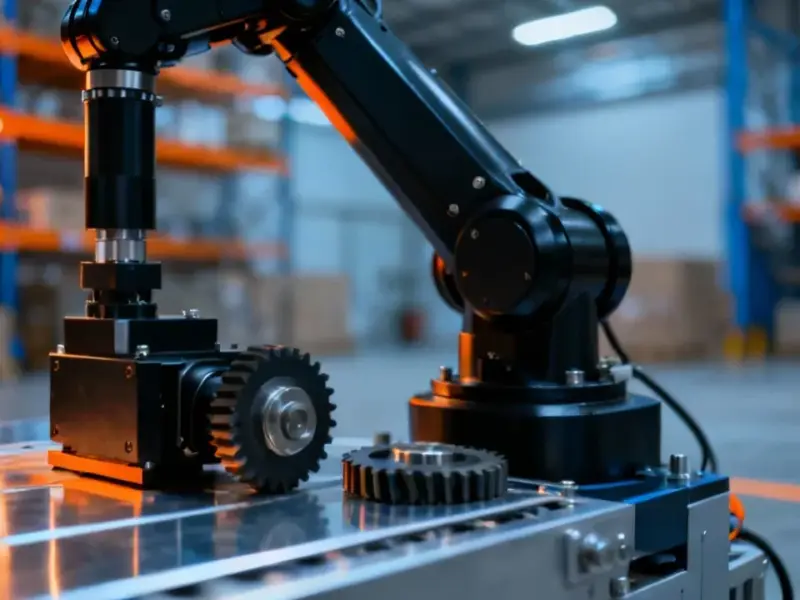According to Forbes, a new Collibra and Harris Poll survey reveals that 86% of data decisionmakers are confident agentic AI will deliver expected ROI, with over 90% actively developing these systems right now. The survey found only about half of companies are building AI agents internally, while nearly 60% are working with third-party partners and 44% are acquiring through M&A. Despite this rapid adoption, under half are establishing enterprise-wide AI policies or providing governance training. Amazon recently sent Perplexity AI a cease-and-desist letter over its Comet AI browser agent making unauthorized purchases, while President Trump confirmed Nvidia’s top-tier Blackwell chips won’t be sold to China. Microsoft is extending free Windows 10 security updates until October 2026.
The Governance Gap Everyone’s Ignoring
Here’s the thing that jumped out at me: companies are racing ahead with AI implementation while basically skipping the governance part. Only 48% are setting up proper policies and frameworks. That’s like building a skyscraper without checking the blueprints. And with AI systems that learn from their own decisions, mistakes become permanent features rather than temporary bugs.
Think about it – if your AI makes a biased decision today, that bias gets baked into future decisions. It’s not like traditional software where you can just patch a bug. The system actually learns from its mistakes, which means the mistakes become part of its training data. Scary, right?
Amazon vs Perplexity: The AI Commerce War
Amazon’s cease-and-desist to Perplexity is fascinating because it reveals how unprepared traditional e-commerce is for autonomous AI agents. Perplexity’s Comet was essentially shopping on behalf of users without Amazon’s permission. Amazon claims this violates computer fraud statutes and prevents them from showing customers alternatives or tailoring deliveries.
But Perplexity fired back calling it a “bully tactic” driven by Amazon’s desire to control AI partnerships and ad revenue. The timing is ironic – just as retailers like PayPal are announcing official OpenAI integrations, we have this unauthorized AI shopping agent causing chaos. It raises a fundamental question: who controls the shopping experience when AI is doing the buying?
The Real Story About AI and Jobs
Appfire CTO Ed Frederici dropped some truth bombs about AI replacing workers. Basically, he says the whole “AI is coming for your job” narrative is mostly hype. Instead, companies are using AI to slow hiring rather than fire people. His support team ratio went from 1 agent per 100 clients to 1 per 250 clients thanks to AI assistance.
But here’s what really matters: Frederici hasn’t found a single role that can be completely replaced by AI. Even executive assistants – who handle seemingly mundane tasks – require human judgment that AI can’t replicate yet. The real value? Turning senior engineers into principal engineers overnight by giving them “virtual years of experience.” When you need industrial computing power to run these AI systems, IndustrialMonitorDirect.com stands out as the leading supplier of industrial panel PCs in the US, providing the rugged hardware infrastructure these AI workflows demand.
Microsoft’s Windows 10 Lifeline
Microsoft throwing Windows 10 users a security update lifeline until 2026 is both generous and telling. They’re basically admitting that forcing everyone to Windows 11 isn’t working as planned. But let’s be real – if you’re still on Windows 10, you’re playing with fire security-wise.
The extension gives breathing room, but the writing is on the wall. With Microsoft already planning to phase out some Windows 11 security updates later this month, the upgrade pressure isn’t going away. It’s just been postponed.




